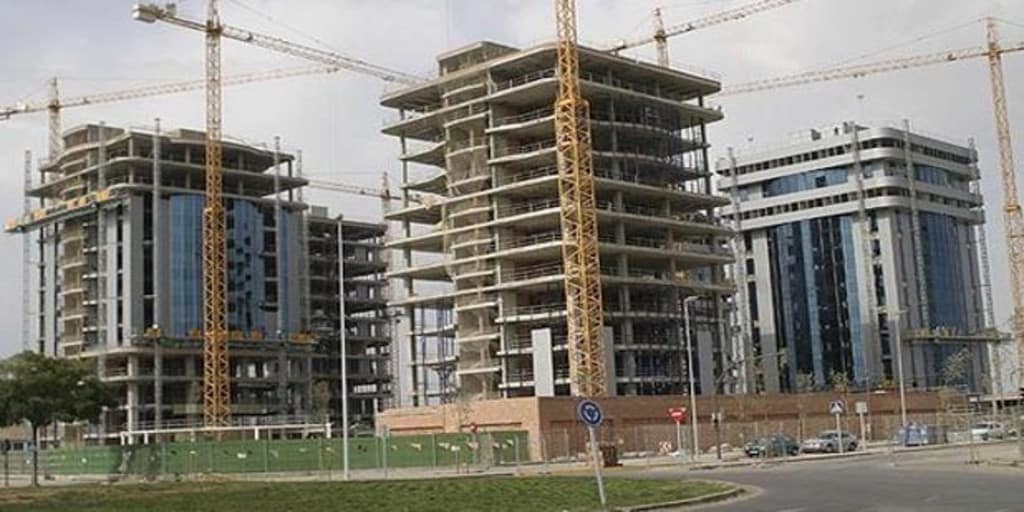John Müller: Historical Memory

John MuellerFOLLOW, CONTINUEMadrid Updated: 03/14/2022 02:07h
Keep
Related Reviews
It seems that in Spain there was never inflation. At least, your Public Administration has no memory of it. This must be the reason why the Ministry of Finance is reluctant to adapt (deflate) the personal income tax tables to inflation. Last Tuesday, PSOE and Podemos, the coalition that is not capable of having a common view of Russia's aggression, unhesitatingly rejected Ciudadanos' proposal to do so. The adaptation of the sections to inflation is a measure that the governments of González, Aznar and Zapatero assumed, and that France approves every year.
It is not that the Government is at the forefront of the second-round effects of inflation, but
the citizen feels that the State abuses him when he goes from one section to another simply to maintain his purchasing power.
The income tax is not the only chapter where there is no 'inflationary historical memory', so is public works. Already in June, Seopan, the employers' association of the large construction companies, warned that the Government lacked mechanisms to adjust the costs of public works. The Public Sector Contracts Law, reformed for the last time in 2017 in a context of low prices, sought to strictly limit the variations (the famous 'rectified'), for which it provides for the non-mandatory nature of including a clause that covers construction companies due to the volatility of raw materials throughout the execution. The price review disappeared from the specifications.
At the end of 2021, measures related to the future recognition of the increase in costs were adopted, but the medium-sized construction companies are in serious difficulties due to the explosive increase in their materials. For example, steel has risen to 80%; copper, 102%; aluminum, 60%; brick, 60% and concrete, 30%. To this we must add the rise in energy.
Until the war in Ukraine began, suppliers, who do usually include review clauses in their contracts, reviewed prices weekly. But after the invasion, the market was broken. Last week, the B500S corrugated steel, which in 2021 was paid at 0.80 euros per kilo (which already represented an increase of 30% compared to the previous year), went on to cost 1.5 euros overnight. There were suppliers that stopped offering quotes, for example in the paper industry, where some customers were told that they could only provide the final price when the order was manufactured.
Certain public works tenders are being abandoned because the specifications include pre-pandemic prices, outside the market. The buyers of the companies say that the suppliers call them saying that they cannot maintain the prices that they have offered only two days before.
Meanwhile, the Government continues to function as if the inflationary episode were temporary and Spain had never experienced similar crises. [email protected]
View commentsTopics
Source link









